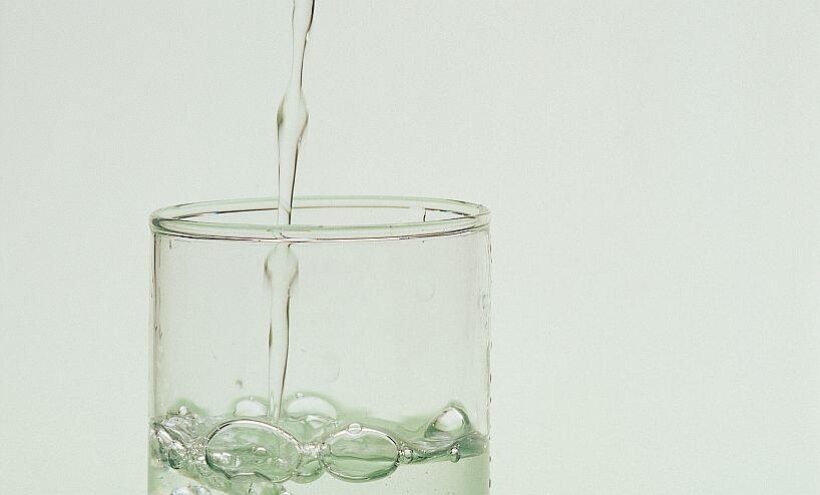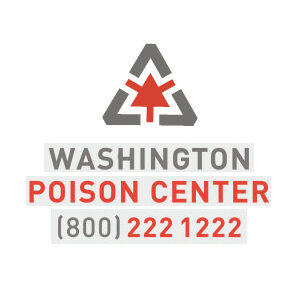Contact Us
Summary Overview
Water has many uses, including drinking, recreation, sanitation, hygiene and industry. Water can be considered our most precious global resource. Having clean and safe drinking water is critical to human life and without it waterborne illness can be a serious problem.
Basics
Waterborne illnesses are caused by various bacteria, viruses and pathogenic microorganisms and usually occur as a result of poorly treated drinking water and wastewater or a natural disaster.
Drinking Water:
Swimming/ Recreational Water:
- Recreational water illnesses (RWIs) are caused by germs spread by swallowing, breathing in mists or aerosols of, or having contact with contaminated water in swimming pools, hot tubs, water parks, water play areas, interactive fountains, lakes, rivers, or oceans. RWIs can also be caused by chemicals in the water or chemicals that evaporate from the water and cause indoor air quality problems. RWIs can be a wide variety of infections, including gastrointestinal, skin, ear, respiratory, eye, neurologic and wound infections. The most commonly reported RWI is diarrhea.
Water, Sanitation & Environmentally-Related Hygiene:
How to Prevent Waterborne Illness
Spokane or Washington Specific Data
Recommendations
Prevention:
- Water, sanitation and hygiene has the potential to prevent at least 9.1% of the global disease burden and 6.3% of all deaths .The impact of clean water technologies on public health in the U.S. is estimated to have had a rate of return of 23 to 1 for investments in water filtration and chlorination during the first half of the 20th century. (CDC)
- Test private wells at least every 3 years and after potential contamination such as after floods. If ill with diarrhea do not enter recreational water, pools, or interactive fountains.
Related Facts

Unsafe drinking water, inadequate availability of water for hygiene, and lack of access to sanitation together contribute to about 88% of deaths from diarrheal diseases. (CDC)

Quality of Life Survey
Survey data provide a holistic look at the health and well-being of the Spokane County population.

Washington Poison Center
Statewide provider of immediate, free, and expert treatment advice and assistance on the telephone in case of exposure to poisonous, hazardous, or toxic substances. All calls are confidential. Call (800) 222-1222.
